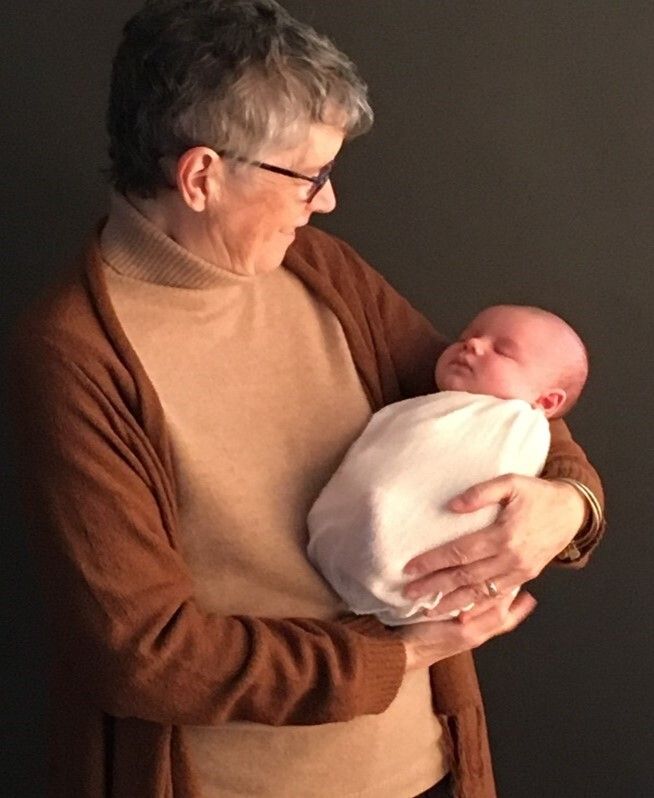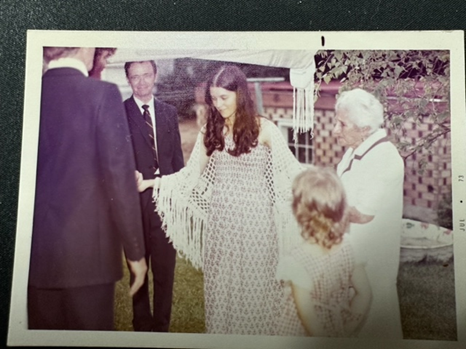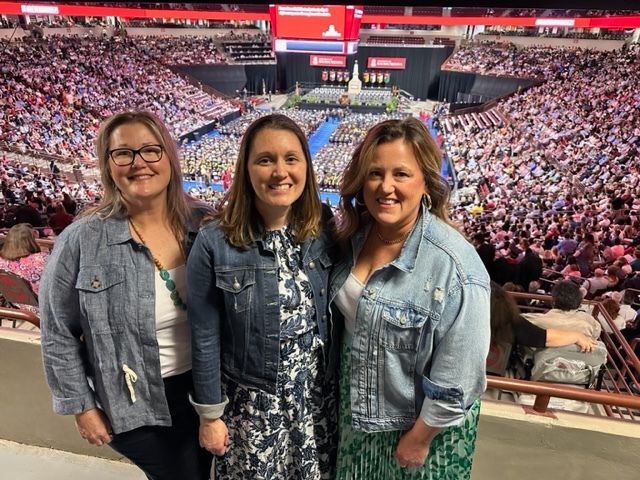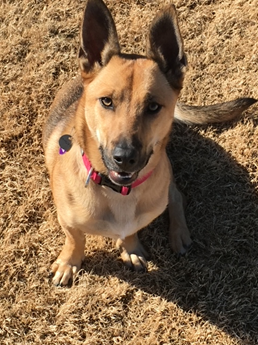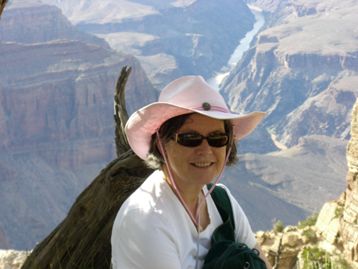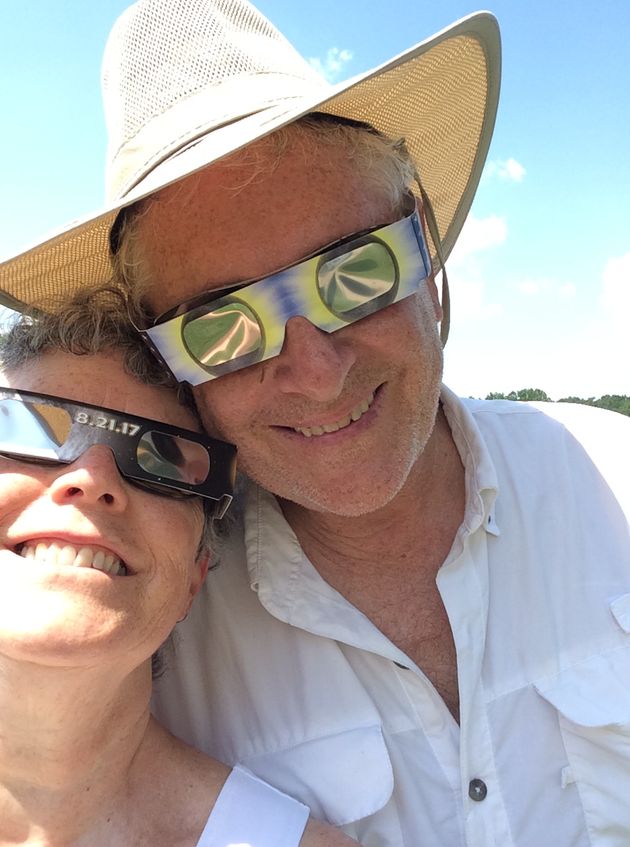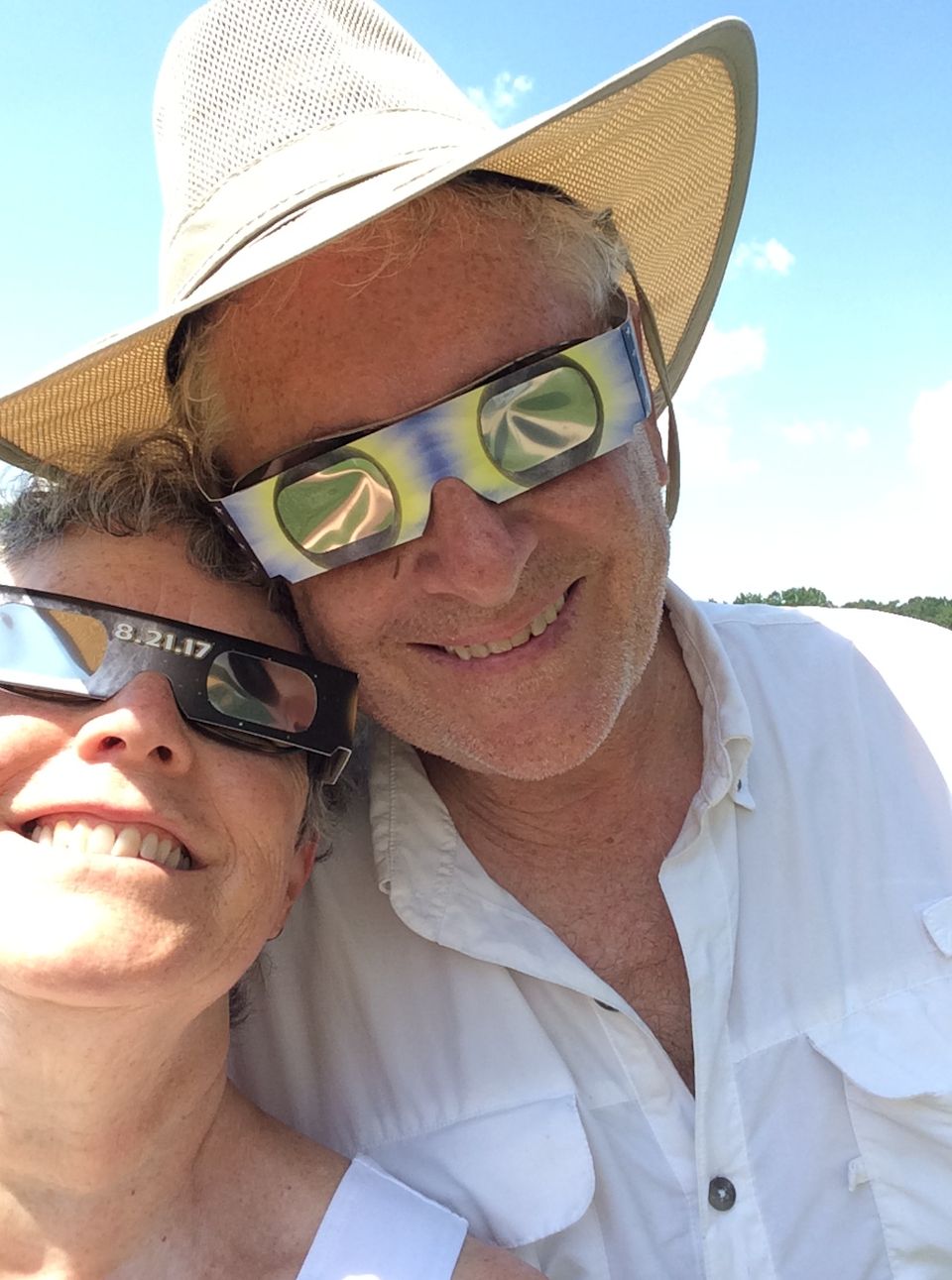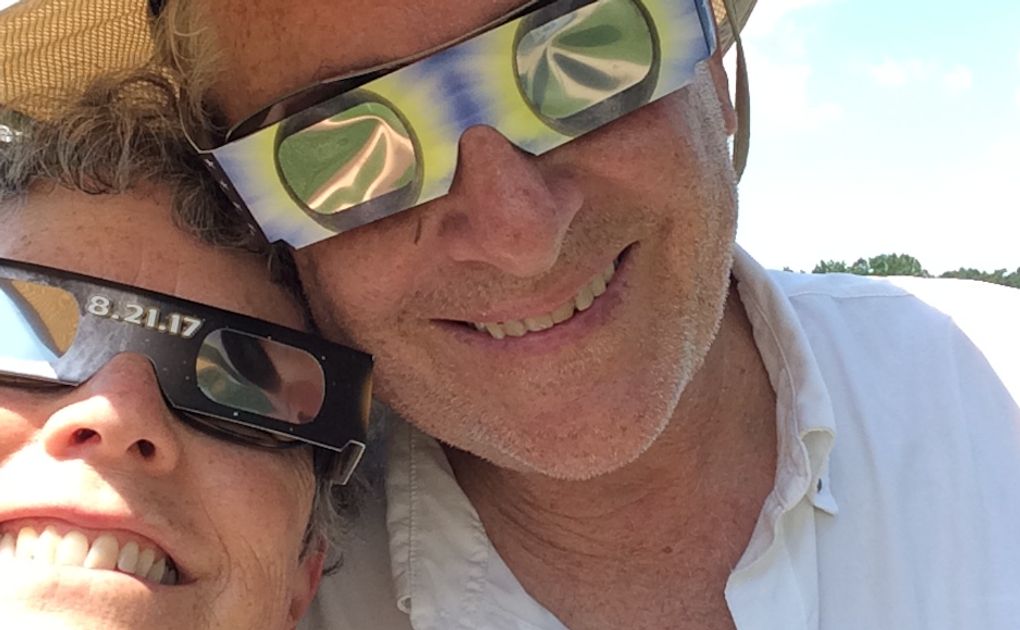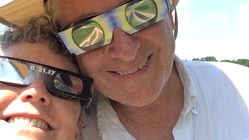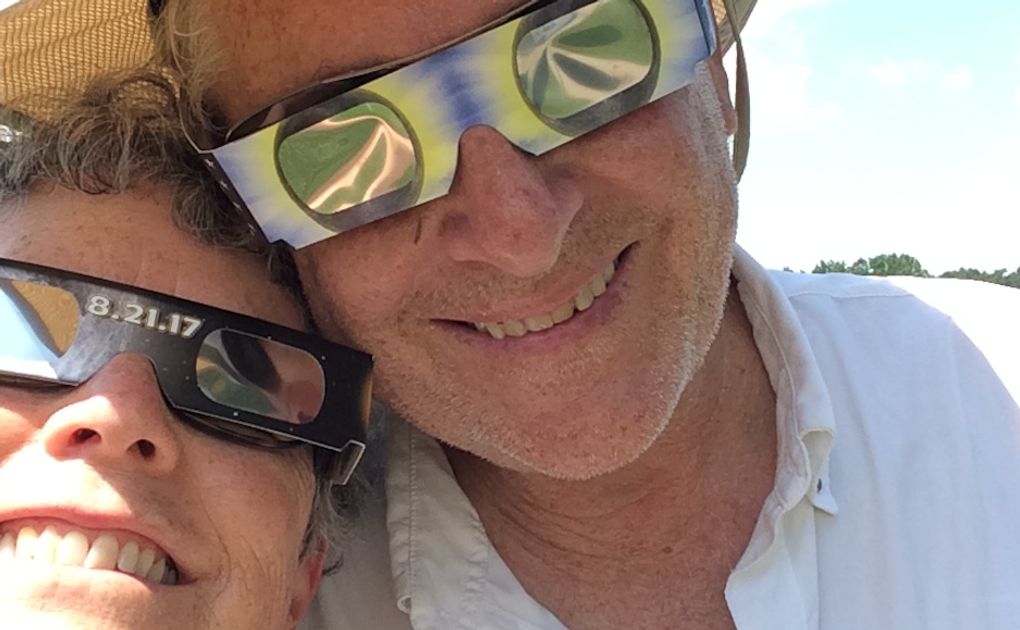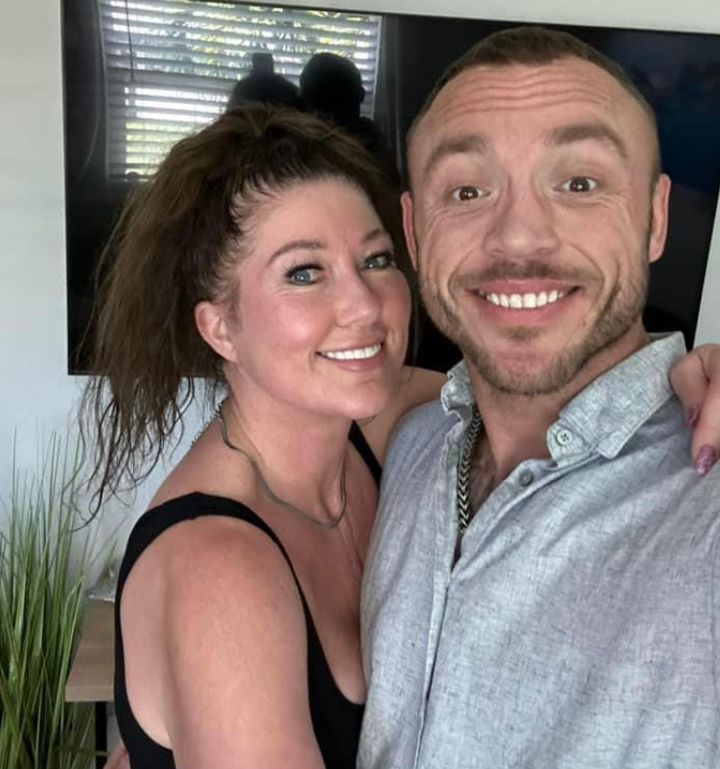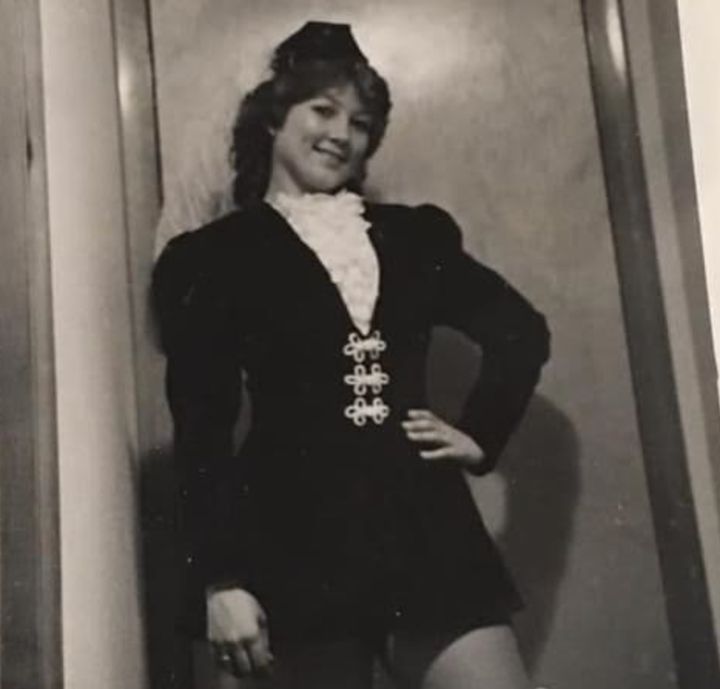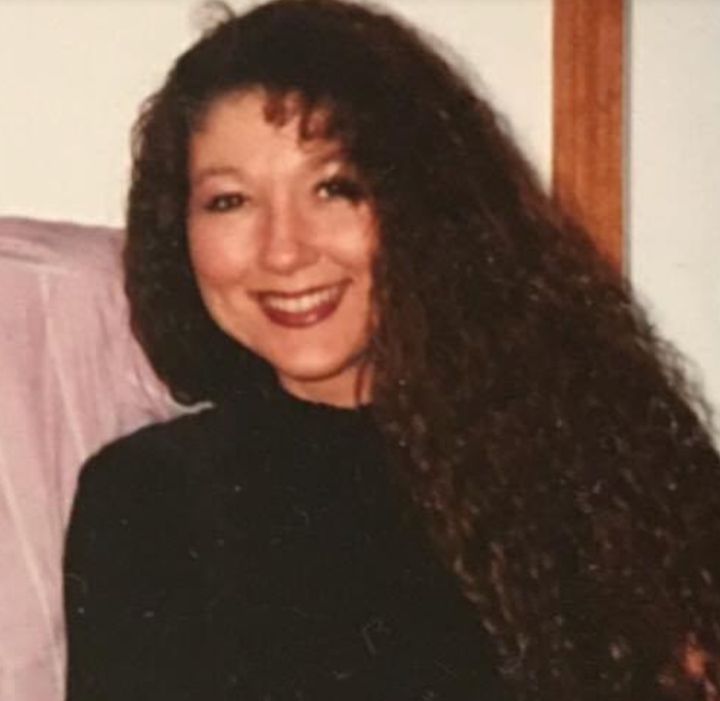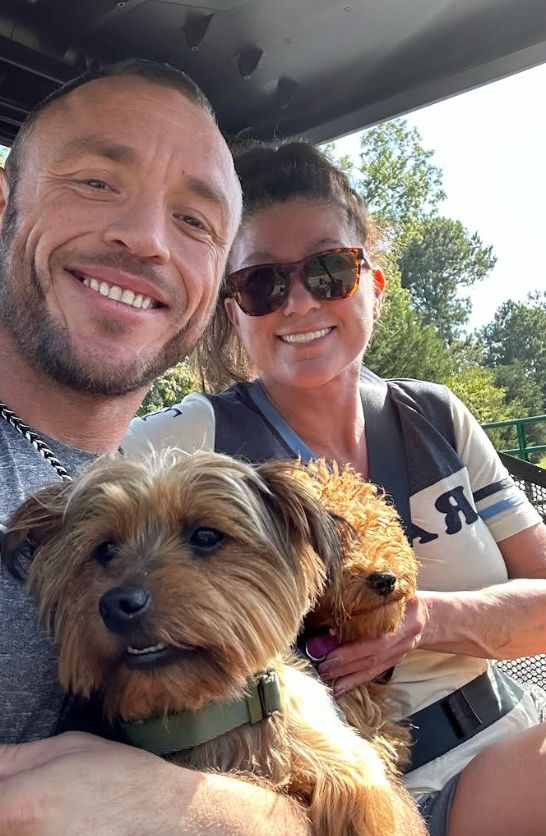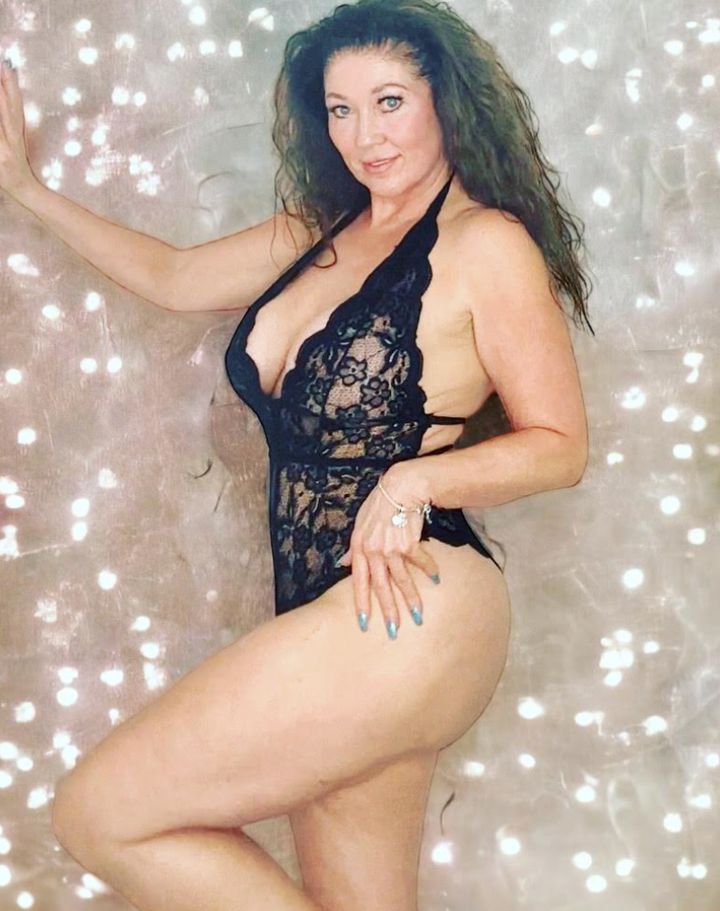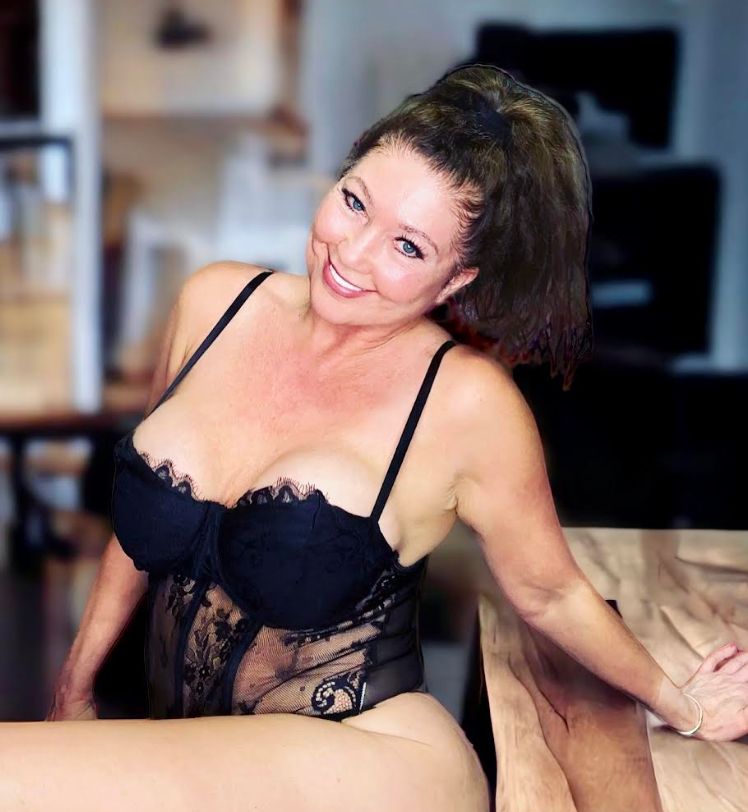It was almost the end of the day when I got the email from HR. They’d finished their investigation. The words were cold, clipped, and final: the rating would be upheld.
I stared at the screen, feeling the weight of that first-ever mark against my stellar, decade-long career. I didn’t cry or yell. I just sat there in stunned silence, trying to figure out how I went from a very strong performer to “mostly effective” in the span of three months.
Advertisement
The very next morning, seconds after I logged in, I got a ping from my boss. She wanted to discuss my training of another department.
One of the complaints I filed with HR was the unreasonable ask my boss made of me to train another department. And she needed me to know that she knew, the moment I logged in, that nothing would be done, and my concerns weren’t taken seriously. She was revelling in my defeat.
That same day, she scheduled a meeting with the other department head to discuss next steps for me to train — ironically, the very team and department that were supposed to support me. Less than 24 hours later, I was in the emergency room.
Advertisement
That hospital visit and the subsequent medical leave weren’t just about one email or one toxic boss. It was about everything I’d learned, quietly, painfully, about what it means to be a Black woman in corporate America. Years of shapeshifting. Contorting. Code-switching. High achievement. Overperforming. Constantly bracing for feedback that always seemed to have a double meaning.
Those final months before I called it quits felt like an unraveling. But really, they were a revelation. Because that’s when I started to understand the game I’d been playing all along. Not because anyone taught me the rules, but because I kept getting penalised for breaking them.
Rule #1: Nobody talks about playing the game.
During my medical leave that became my exit, I’d go on morning walks to clear my head before therapy. And it was on one of those walks that a memory hit me like a brick.
Advertisement
I was in the hallway with a colleague, offering guidance on how to navigate a challenging dynamic she found herself in with our manager. I thought I was being helpful. She cut me off mid-sentence, smirked, and said, “I’m not like you. You know how to play the game, and you play it well.”
I remember chuckling in surprise, but inside, something cracked. That line came rushing back to me during that walk, and suddenly, everything clicked. She was right. We’re all playing a game, but no one ever says that out loud. And if you don’t know you’re playing, you’re bound to get played. Just like I did.
What she saw as gameplay, I saw as survival. I wasn’t scheming. I was assimilating. Shrinking. Smiling through meetings, I wanted to scream in. Rewriting emails three times to avoid sounding “aggressive,” even when I was calling out real issues.
Advertisement
No one pulled me aside and said, “Here’s how it works for people like us.” There’s no onboarding guide for Black women in corporate spaces. But you learn. You learn when to speak. How to sound. How to disappear just enough to be non-threatening, but not so much that they forget your value. It’s a balancing act so exhausting that even your wins feel like survival, not success.
Rule #2: There are no spectators.
That memory was followed by another. This one was in a leadership meeting. After the meeting, I had my one-on-one with my boss, where she told me, “You don’t always have to have all the answers. You can let someone else speak, even if they’re wrong.”
Translation: It wouldn’t hurt you to be quiet.
So I did. I decided to fall back and give others space. I bit my tongue even when I knew the guidance being given was flat-out wrong. But then I got called out for that, too. “You don’t seem engaged,” was the feedback.
Advertisement
It was like trying to find traction on a moving walkway. Step forward? Too much. Step back? Not enough. That’s when I learned: there are no spectators in this game. As a Black woman, you’re always performing. Even silence is seen as a choice, a signal, a strike.
Others could sit back and still be seen as thoughtful. I was expected to be brilliant without being bossy. Warm without being weak. Present but never overpowering.
There is no neutral ground for us. You are either doing too much or not enough. And both are equally punishable.
Advertisement
Rule #3: Their best is your mediocre.
As I continued to walk, I thought back to when the department was restructured and I began reporting to the same boss, the one who thought I had “too many answers.” The dust had barely settled before the complaints about me started rolling in. People were upset because I was following the rules.
And it wasn’t lost on me that the complaints came from colleagues who didn’t look like me and had never been held to the same standard. They didn’t want accountability. They wanted shortcuts. And I wouldn’t give them that.
My boss began looping me in on the complaints. “I just want you to be aware of what’s being said,” she’d tell me. I’d ask, “Is this something I did wrong, or just that I’m following the process?” Her response was always the same: “I’m not saying I believe them. I’m just keeping you informed.”
Advertisement
But she said it often enough that it didn’t matter.
Eventually, I started documenting everything. Missed steps. Skipped approvals. Backdoor decisions. And when I started clapping back at each complaint, with receipts, her tone shifted.
“You need to stop worrying about what other people are doing. That’s just the peanut gallery,” she said.
I laughed. Not loud. Just the kind of laugh that bubbles up when you realize the game is rigged and nobody’s even pretending otherwise.
Advertisement
“So when they report me, it’s accountability, but when I report them, I need to rise above?” I asked.
She didn’t flinch with her response: “You’re being held to a higher standard.”
Same title. Same pay grade. But I was the one expected to rise above it all even when I was right. Even when I was the one being targeted.
That’s what they don’t tell you. “Higher standards” don’t come with higher rewards. Just less room to breathe. And a constant, grinding reminder that your excellence will never be enough if it makes anyone else uncomfortable.
Advertisement
Rule #4: There can only be one.
The sting of those memories reminded me of a deeper heartbreak. One I didn’t want to admit still hurt. Because the toughest rule for me to swallow didn’t come from white colleagues, it came from the only other Black woman in the room. When I joined this department, which was fated to be my last, I was cautiously optimistic. I was excited to learn I had a fellow Black colleague I’d be working with. She was already established: respected, trusted, technically sharp. I thought, maybe finally, I won’t have to be the only one. Maybe we can do this together.
At first, it felt like a possibility. But the more I contributed, the more I noticed the shift. Colder emails. Shorter replies. My ideas were dismissed or blocked outright. At first, I thought it was about process. But then I realised she didn’t see me as an ally, but as competition.
And that’s when I learned the next rule: There can only be one. If there’s one of us already in the room, there’s a quiet assumption that adding another is one too many. We’re taught to compete for scraps instead of expanding the table. To protect our place instead of inviting others in. Corporate culture trained us to guard our proximity to power like it’s a seat at a table that only ever has one chair.
Advertisement

Photo Courtesy Of Nicole S.Palmer
Rule #5: The goalposts will keep shifting.
That painful memory made me think of another corporate constant: the endless shifting of what “good enough” looks like.
“You’ve done everything you need to do. The rest is up to us.”
That’s what every executive told me when I asked what it would take to get promoted. I had the metrics. The pedigree. The wins. So I waited.
Advertisement
And then the goalposts moved.
Suddenly, I was “too direct.” “Not collaborative enough.” “Hard to manage.” “Unprofessional.”
I hadn’t changed. Their comfort with my success had. They loved me useful. But they couldn’t handle me shining too brightly.
That’s the lesson: The system will pretend to reward you, right up until the moment you actually start winning or surpassing the very people who were cheering you on in the first place.
Rule #6: Shade is inevitable.
Then I remembered another instance. After yet another 18-hour day, I met with my boss the following morning for a quick reconnect. I told her how people were amazed I was still upright. My go-to response to them was “sheer will.”
Advertisement
“Well, given your Jamaican background and how your people are, I’m not surprised,” I was told by my boss in response.
I laughed, hoping it would mask how incredibly offended I was by her words. In that moment, I wasn’t a person. I was a trope. Strong. Tireless. Workhorse.
Shade doesn’t always come with bitter words or snide commentary. Sometimes it’s smiling. Sometimes it’s subtle. But it always reminds you that no matter how much you produce, you’ll still be boiled down to a stereotype.
Advertisement
Rule #7: Ain’t nobody coming to save you.
As I headed home, I replayed the tape. I saw all the warning signs long before the ER visit. The quiet exclusions. The polite dismissals. The endless “feedback.”
But I stayed.
I stayed because I thought I could outwork the politics. That my loyalty would matter. That someone would see what was happening and step in.
They didn’t.
That final year was a slow burn of gaslighting and emotional erosion. And when I medically checked out, so did they. My decade of service meant absolutely nothing.
Advertisement
I wish I’d known then what I know now: You are your own rescue.
Not HR. Not leadership. Not mentorship programs. Just you, deciding that the game isn’t worth your safety, your sanity, or your soul.
The day HR upheld that performance review didn’t break me. It revealed me. It showed me that my silence wasn’t protection, it was complicity. That my value didn’t come from how well I adapted to dysfunction. That believing I had to earn fair treatment was the most dangerous lie of all.
Now, when I look back, I don’t focus on what I could have done differently or regret I stayed. Well, not as much as before. Mostly, I see the lessons I learned. I see the awakening.
Advertisement
And if naming these unspoken rules helps even one Black woman pull the ripcord before she reaches her breaking point, then I’ve done what the system never did for me.
Nicole S. Palmer is a best-selling author, founding partner of independent publishing company Delnic Media, and host of 5-star rated podcast Black Womaning in Corporate America™. When she isn’t writing, she’s speaking, and she’s usually talking about race, identity and equity.




